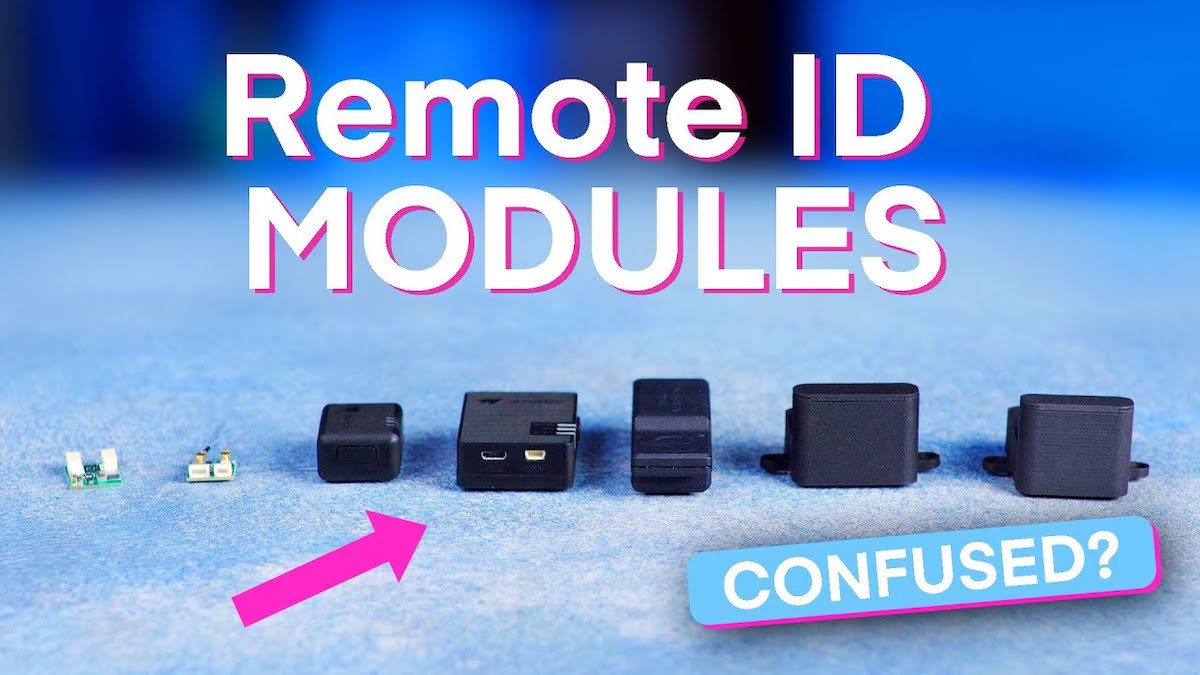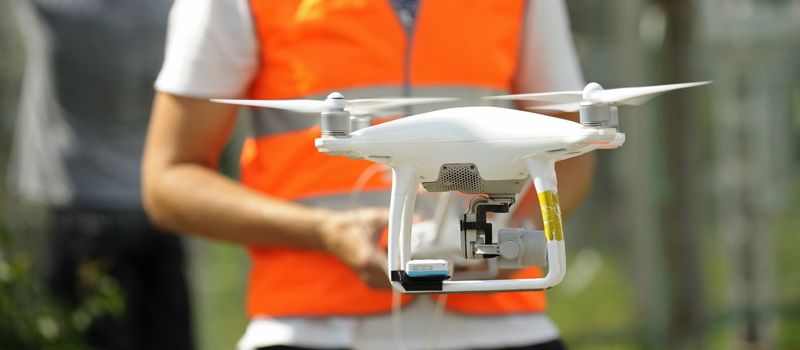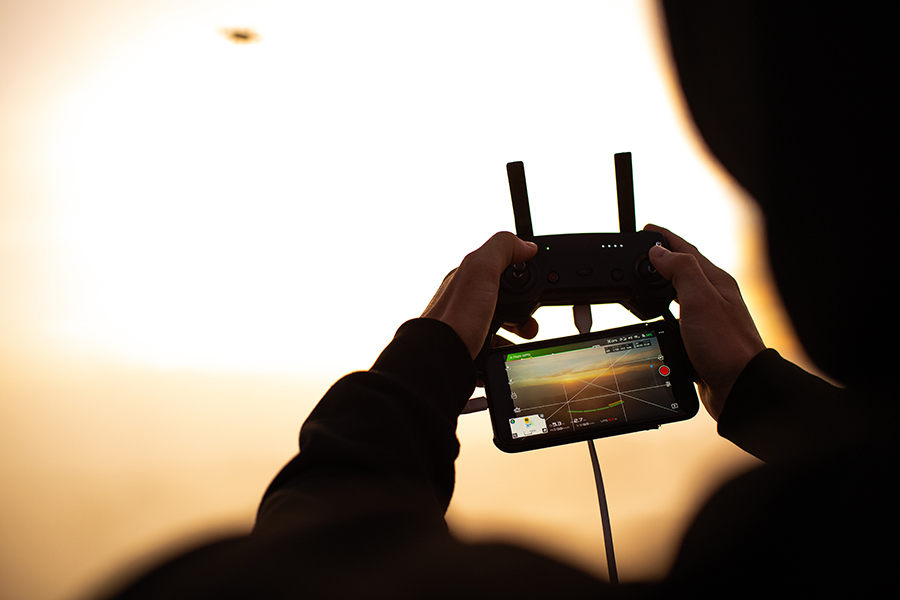With the deadline for Remote ID compliance fast approaching (September 16, 2023), drone pilots are wondering which Remote ID modules work best. In this article we take a look at the options out there and compare them based on features, price, and specs.
Modules are only required for drones that are older or self-made. You can check to see if your drone is compliant with Remote ID already on the FAA’s website. If your drone has standard Remote ID already built in, then you do not need a separate broadcast module.
The Basics of Remote ID
Remote ID is a digital license plate for your drone. It broadcasts the location of your drone using either Bluetooth or Wifi over a short range.
Recreational Pilots: Only one module is required. This can be switched between all your recreationally registered drones.
Part 107 Operators: Each drone that isn’t compliant requires its own module. Each module must be registered with the drone’s registration number at the FAA DroneZone.
Stand-Alone Broadcast Modules
These modules are equipped with internal batteries and can be operated with a simple button or switch. They are ideal for those who own older consumer drones. The modules we tested include:
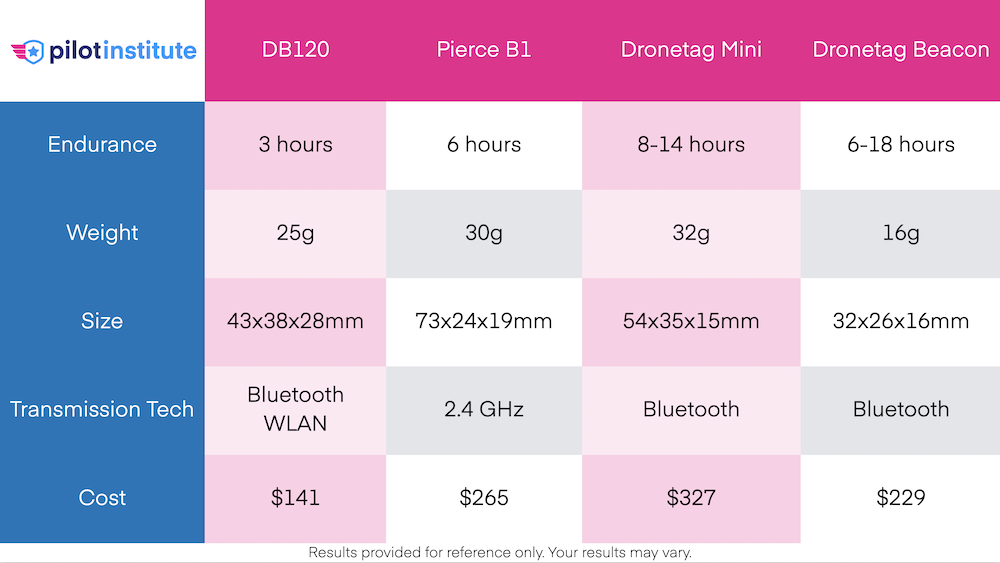
Blue Mark DB120
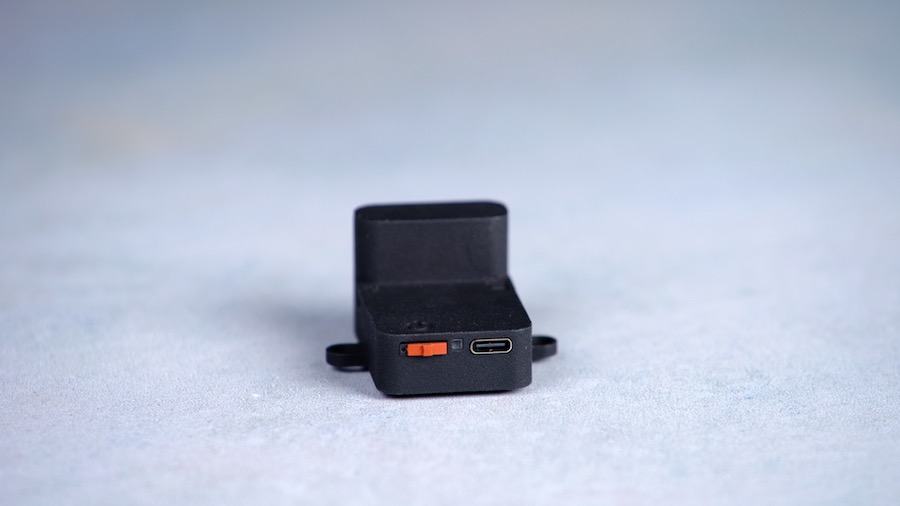
- Price: $140
- Weight: 25g
- Specifications: Uses Bluetooth/WLAN with a 3-hour battery life. Charges with USB-C. The range was 2935 feet with the Air Sentinel app on Android.
Pierce Aerospace B1
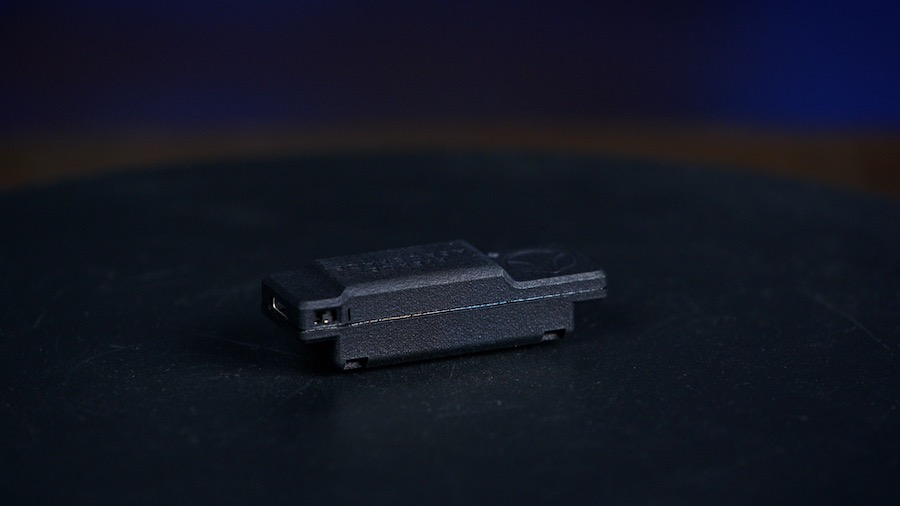
- Price: $264
- Weight: 30g
- Specifications: Uses 2.4 GHz with a 6-hour battery life. Our tested range was 5,000 feet with the Drone scanner app on Android.
DroneTag Mini
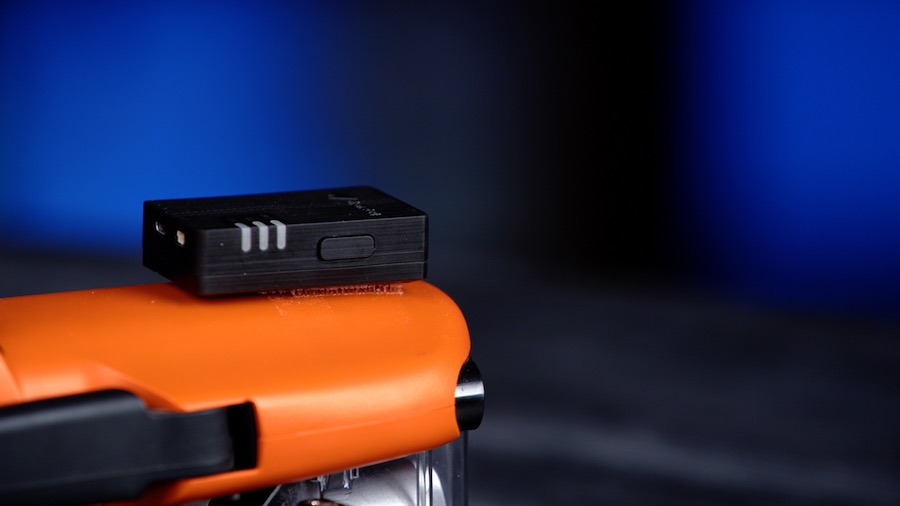
- Price: $327
- Weight: 32g
- Specifications: Uses Bluetooth and has an operating time of 8-14 hours. Range tested was 1640 feet with the Drone ID app.
DroneTag Beacon
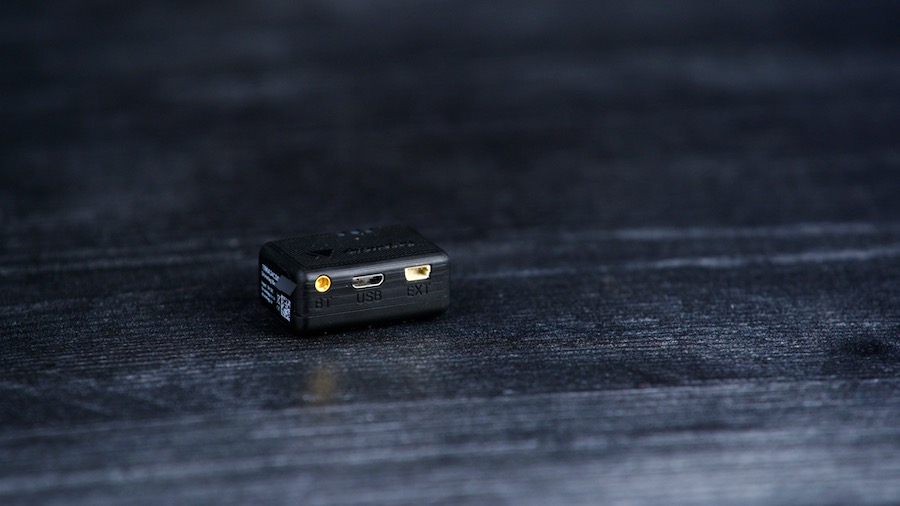
- Price: $229
- Weight: 16g
- Specifications: Uses Bluetooth with 6 to 18 hours of battery life. The tested range was only 341 feet with the Drone Scanner App.
Add-On Modules
These modules require external power and some do not have built in GPS either. These are ideal for those flying foamies or FPV drones.
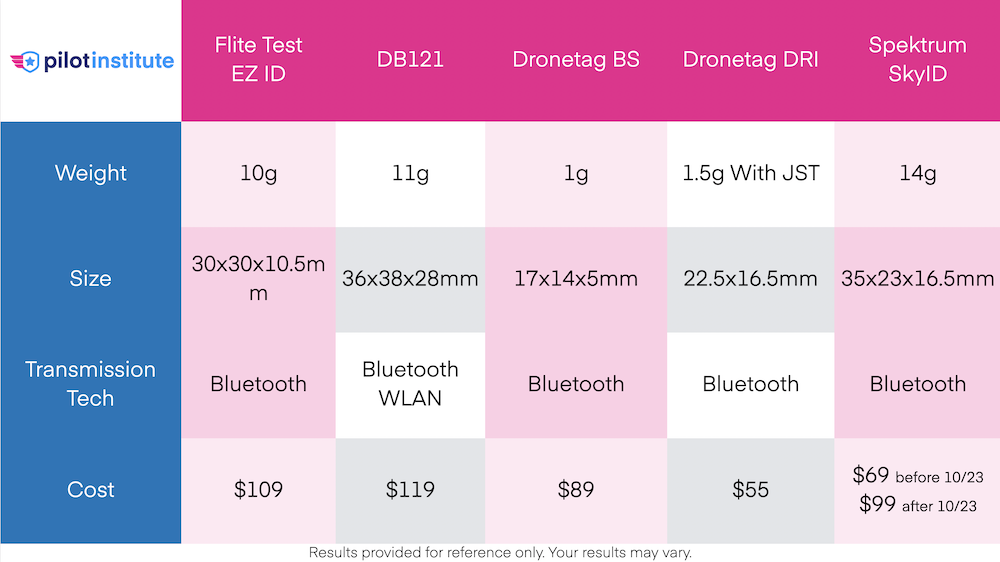
BlueMark DB121
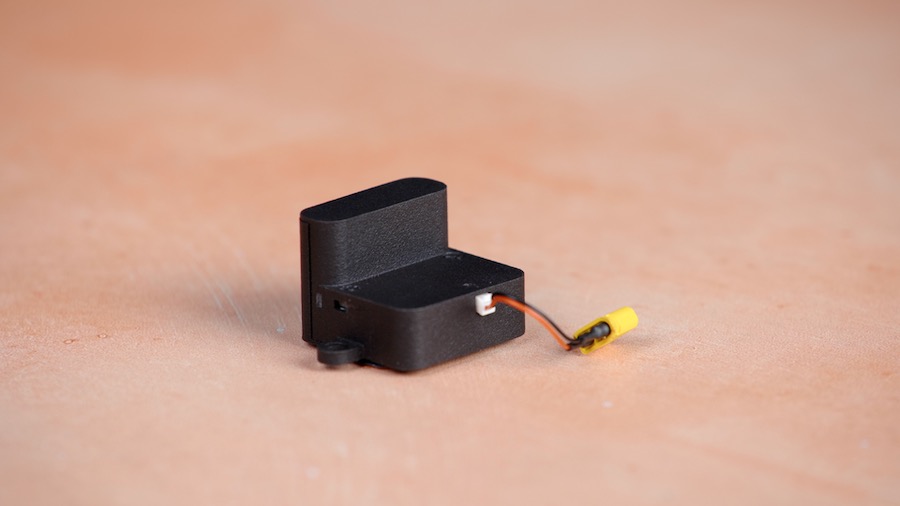
- Price: $119
- Weight: 11g
- Specifications: Requires 5-14V (2S-3S) DC power and uses Bluetooth and WLAN.
Flite Test EZID
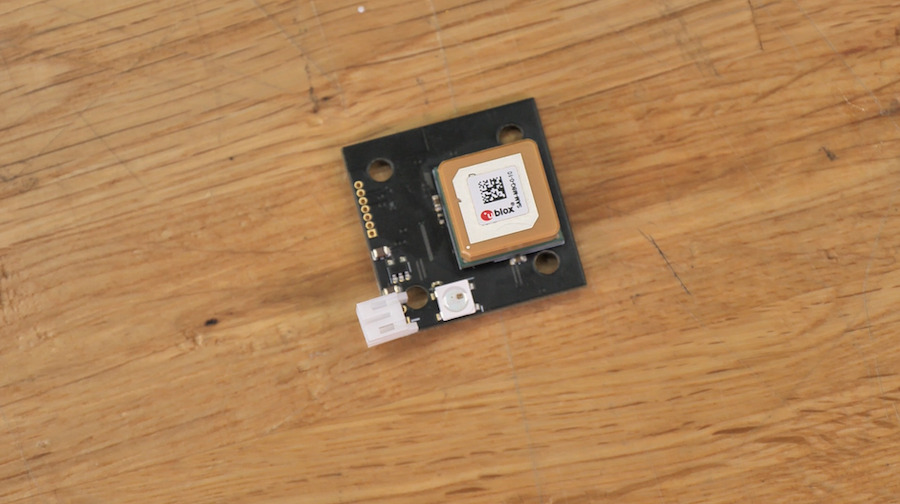
- Price: $109
- Weight: 10g
- Specifications: Takes 7.4 to 30.4V (2S-8S) power and uses Bluetooth. Compatible with Android and Apple FliteTest app.
DroneTag BS
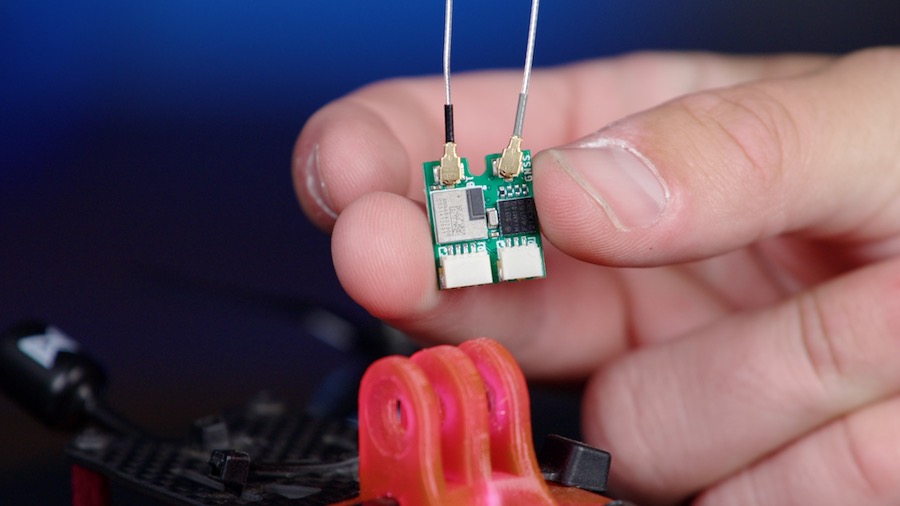
- Price: $89
- Weight: 1.5 grams
- Specifications: Requires 3.3 to 17V DC (1S-4S) power and uses Bluetooth.
Spektrum SkyID
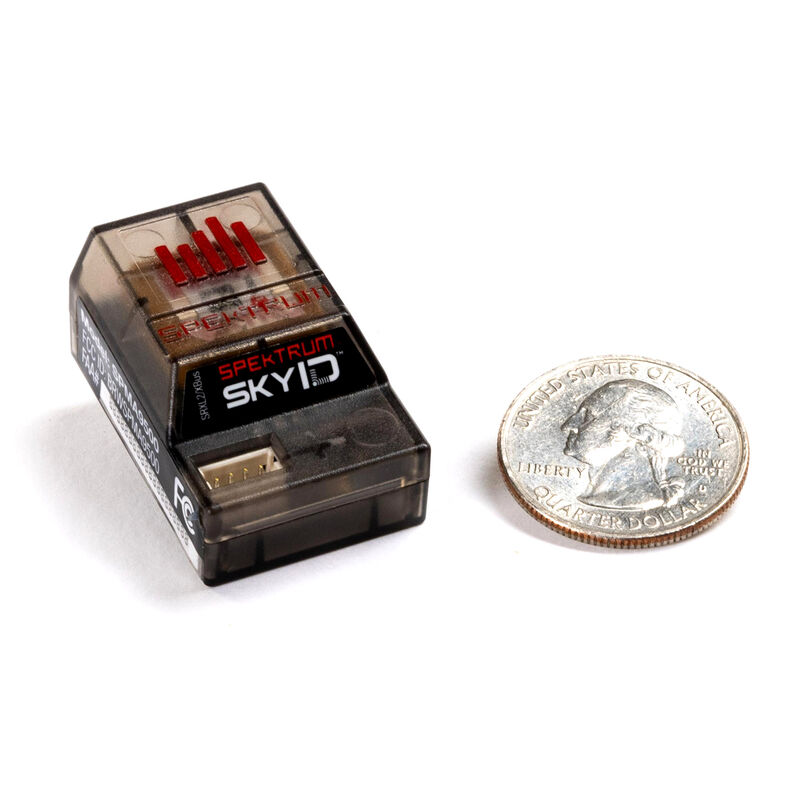
- Price: $69-$99
- Weight: 14g
- Specifications: Power requirement ranges between 3.3 and 9V (1S-2S) and uses Bluetooth technology.
DroneTag DRI
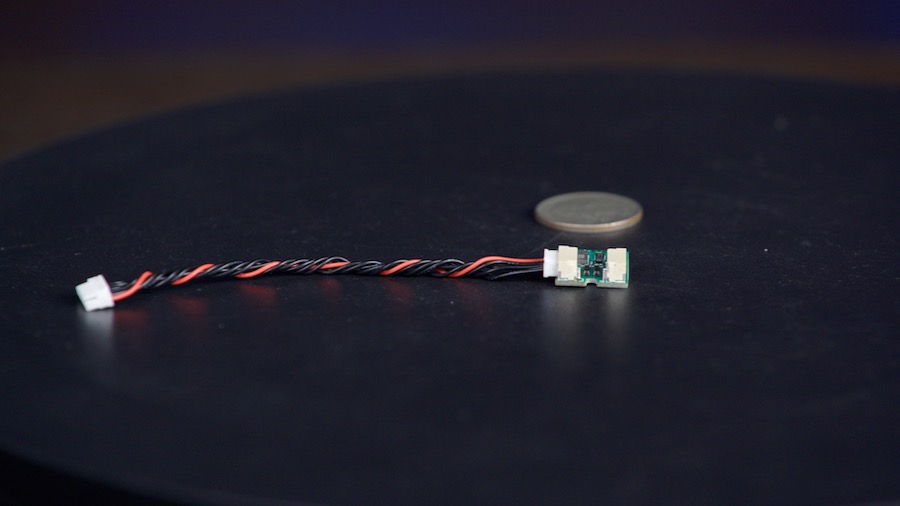
- Price: $55
- Weight: 1.5g
- Specifications: Requires an external GPS. Operates as either a UART passthrough or as a standard remote ID.
Apps Tested
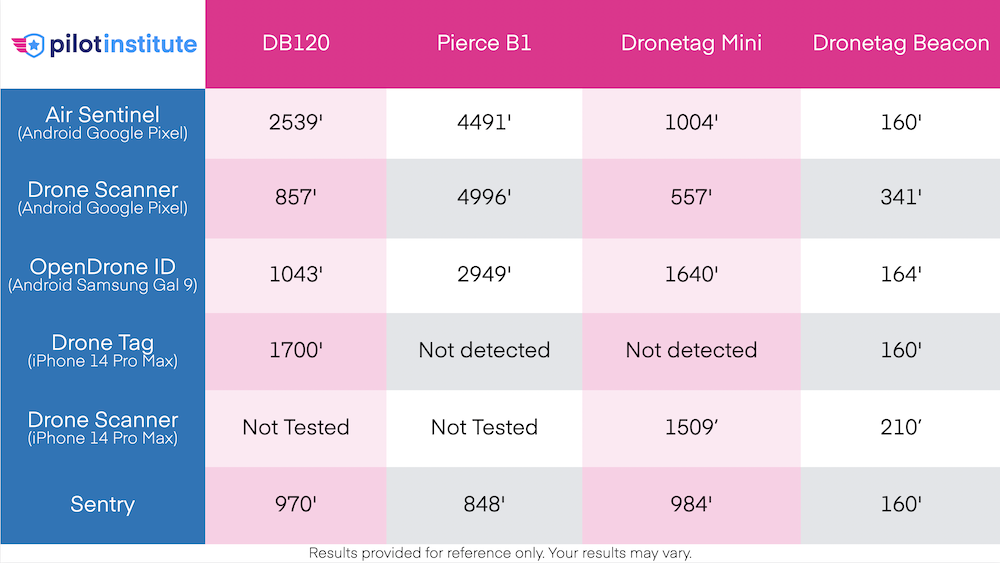
We tested the range of modules using the Air Sentinel, Drone Scanner, OpenDrone ID, Drone Tag, Drone Scanner, and Sentry apps. You can set the results of our testing above.
Final Words
In conclusion, the choice of a Remote ID module largely depends on your specific needs and the type of drone you own. The modules vary in price, weight, and functionality, so consider all factors before making a decision.
